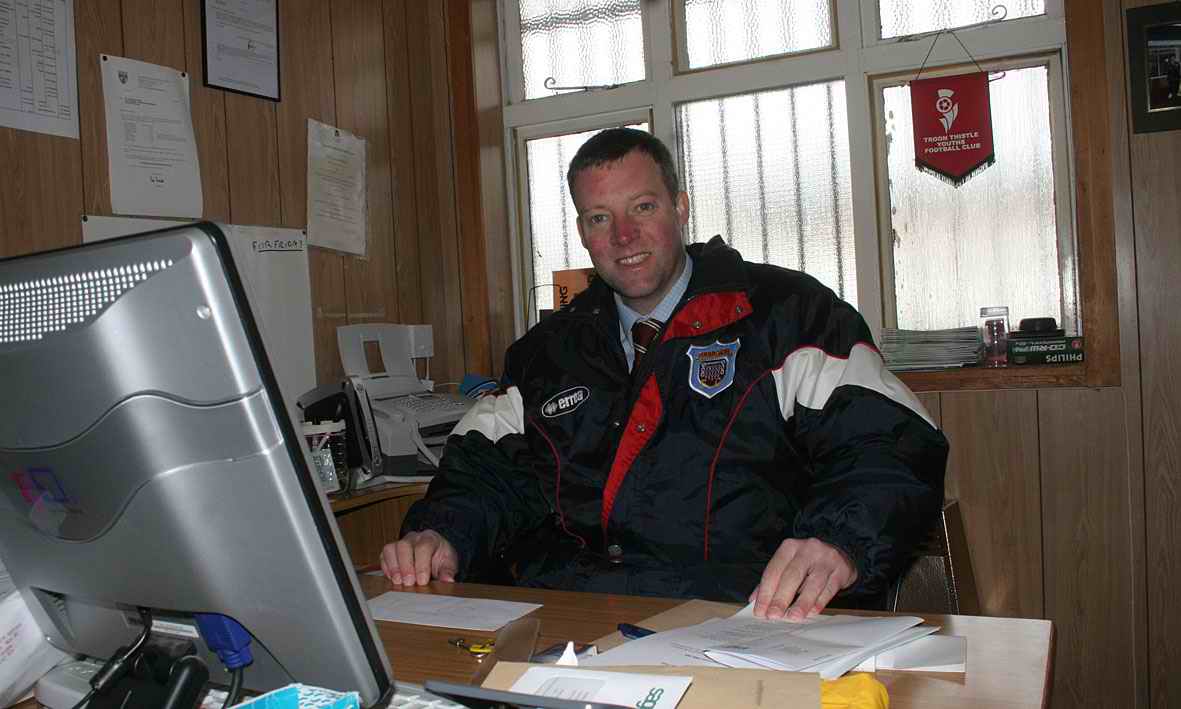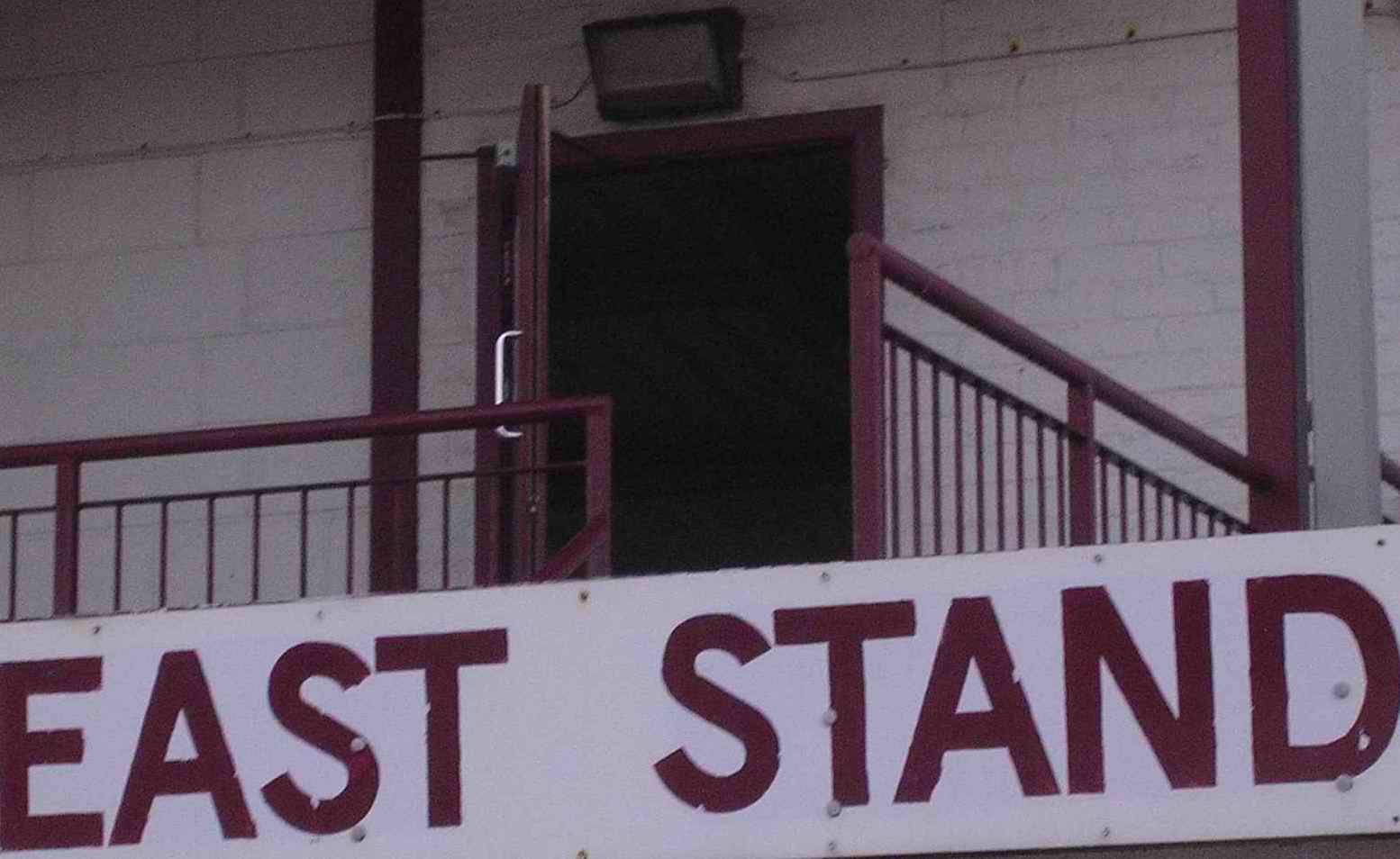In Part 2 - coming soon - Gary answer some questions
|
The Role of Club Secretary
The Club Secretary is generally the first point of contact at the Football Club for the Scottish Football Association, the Scottish Football League, other Clubs, organisations outwith football and the general public.
In the SFA handbook, the Secretary's details are listed as the contact for each Club. All communication to the Club is generally channelled through the Secretary by means of mail and email, fax and telephone calls. All forms of communication have to be looked at and dealt with appropriately and replies are usually written and sent by the Secretary. There is also a responsibility for the contract paperwork involved in signing players, lodging the documents with the SFA and SFL and then ensuring that they are satisfied with them. All players disciplinary records also have to be maintained and confirmation of any suspensions is sent each week by the SFA, which has to be checked. Responsibility is ultimately taken for all players at the Club, including youths.
On a match day, although the Manager picks the team, it is ultimately up to the Secretary to have jurisdiction over the chosen team being eligible to play. This involves ensuring that players are satisfactorily registered and that they are not suspended. It is also possible to play trialists during the season in league matches and it has to be ensured that these players are not registered with other Clubs. In cup competitions, players cannot have played for another team in a previous round and in the Scottish Football Association Challenge Cup, it has to be ensured that there are 2 outfield players in the listed 16 man squad who are under 21 years of age. There are rule books for both the SFA and the SFL which have to be understood and adhered to. On a match day, the Secretary is also the first point of contact for the match officials. If there are any problems before, during or after the match, the referee will generally ask to speak to the Club Secretary to deal with the matter.
Responsibility is also taken for the official team lines which are completed on a match day, handed to the referee, the opposing team and subsequently the SFL or SFA. The Secretary will also liase with his counterpart at other Clubs in arranging fixtures. This may include arranging dates and kick off times for league, cup and friendly matches, including any possible postponements or replays. It may also involve an agreement over team colours that will be worn. Permission from the SFA and SFL is also needed for friendly fixtures and a request has to be made for match officials.
It is generally accepted that a good Secretary at a high profile Club, who may be competing in several competitions, can perhaps gain a few extra points a season by cleverly negotiating some fixture dates with opposing Clubs to suit them.
From a personal perspective, I do the role of Club Secretary on a voluntary basis and part time. I do much of the work behind the scenes during the working week and will often write several letters each day and make or answer several phone calls and reply and send several emails. I work at Dundee University during the day and will do much of my work in the early morning before I start and at lunchtime.
I am fortunate that my working environment allows me to do the role. I am greatly assisted in the work that is done by our Office Administrator, Mike Cargill, who is based in the office at Gayfield. Mike has a good knowledge of football administration and is a reliable source of assistance. It would be difficult for me to do the job without his help. I also communicate regularly during the week with the Manager and the other Directors at the Club on various issues. The Club shareholders will also know that I act as Company Secretary for Arbroath Football Club Ltd.
|

